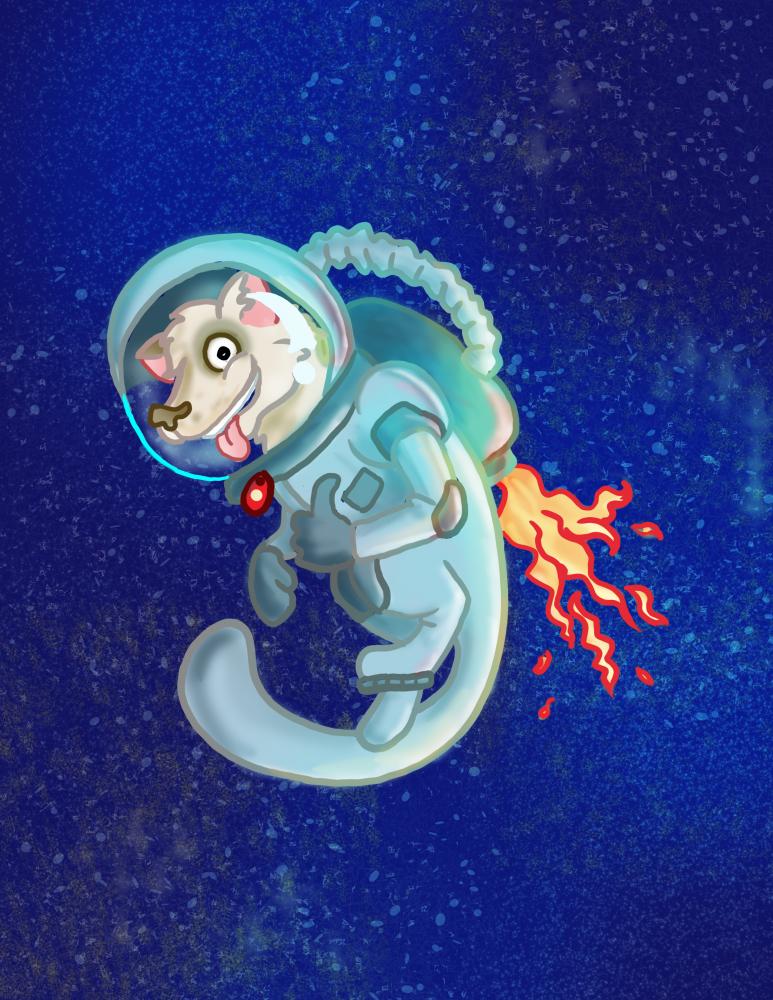The societies that have embraced the age-old instincts of curiosity and exploration have prospered. The societies that make the financially and morally sound decision to maintain the status quo of their society have faltered and failed as their understanding of the universe and their economies fail to accommodate new ideas and threats to existence that time naturally brings. The universe isn’t the most hospitable place.
By exploring and finding out more about nature, we learn about ourselves, we develop technologies that push our society forward, we create new economic markets and we protect ourselves from future disasters. Over the past 60 years we’ve managed to peer through the clouds of Venus and see terrain with 100-kilometer-wide craters filled with lava (Ishtar Terra). We’ve managed to discover that Mars has harbored liquid water and potentially life (see Phoenix Lander, Mars Exploration Rovers Spirit and Opportunity and Mars Science Laboratory Curiosity). We have begun to explore the systems of moons surrounding our gas giants, Jupiter and Saturn – systems with moons that could harbor life (Europa - Jupiter; Titan and Enceladus - Saturn).
However, the list of places where we’ve put footprints is small: only the
Many societies throughout the universe have most likely made the financially sound decision to stay on their home planets, waiting out the death of their parent star or the depletion of natural resources, the inevitable climatic events or the disasters of their own creation. Exploration of space does come with a cost, but the technologies that come from this exploration, termed “spin-offs” by NASA, pay for the exploration in full and then some. Besides the incredible value added by the accumulation of knowledge from other worlds to the field of science and the excitement, focus and general unifying effect that space exploration has on a society, these benefits take technologies that push the frontiers in their own fields and bring them to consumers and industry.
As of right now, new businesses are changing the landscape of employment in America and the world. Companies are looking towards Low Earth Orbit to put up new remote sensing technologies to provide real-time observations of the Earth, or potentially to put up crystal growing satellites to grow Insulin crystals and other medicines more quickly, in larger quantities and more efficiently than before. With the movement toward the Space Launch System and Evolvable Expendable Launch Vehicle by the United States Government, some in the private sector are putting their names into the race. Companies like Orbital Sciences and SpaceX are developing new and inspiring technologies and hiring many people in the process. Planetary Resources is putting together the framework and investment model for the mining of asteroids to double or triple the amount of precious materials like platinum and metals that are available to mankind as a whole. Besides this new type of space startup company, technologies from ingestible toothpastes to wireless headsets to robotics to portable medic imaging tools and beyond have all started out with the space program.
Ultimately, space is the frontier by which we can make ourselves better and push our understanding of the universe. This struggle takes time and finances, but the scientific, moral and economic benefits over time from spin-offs, the resulting papers written and new companies founded make up for the cost and more. It is worth it to explore because it is there; it pushes us to do more and we become better as a collective through it.








